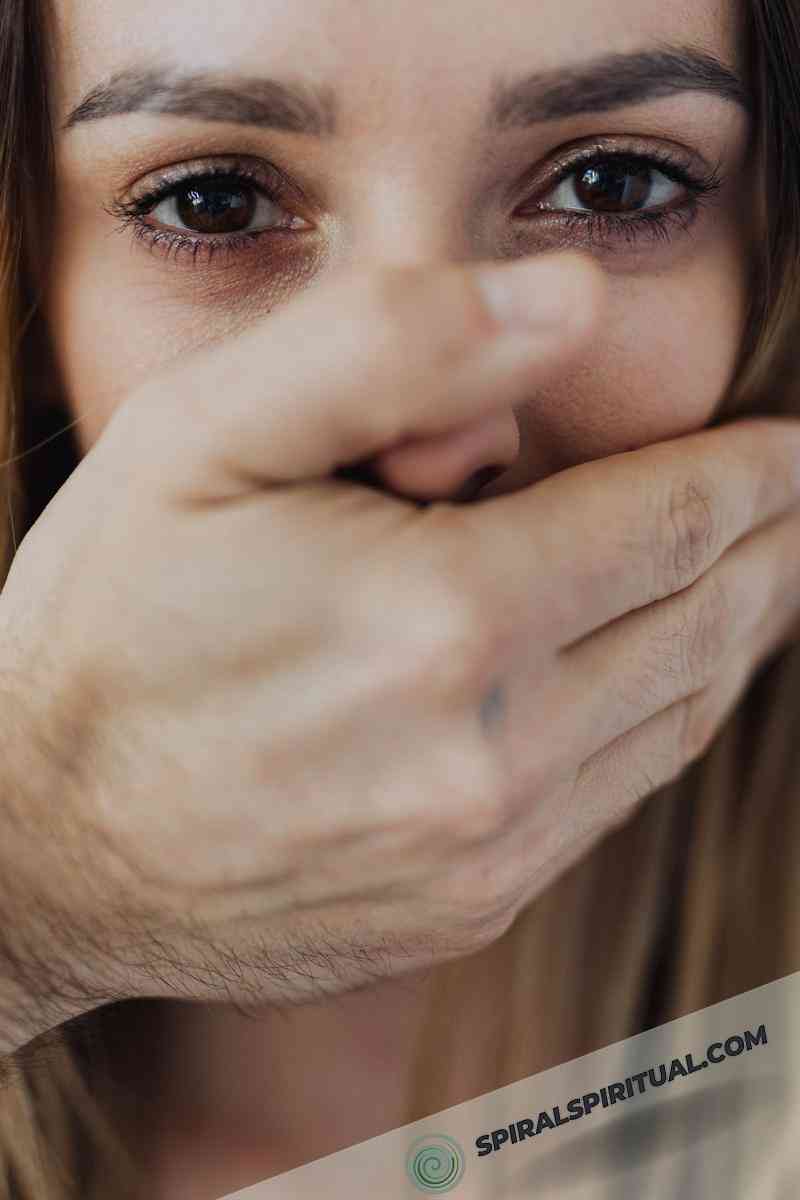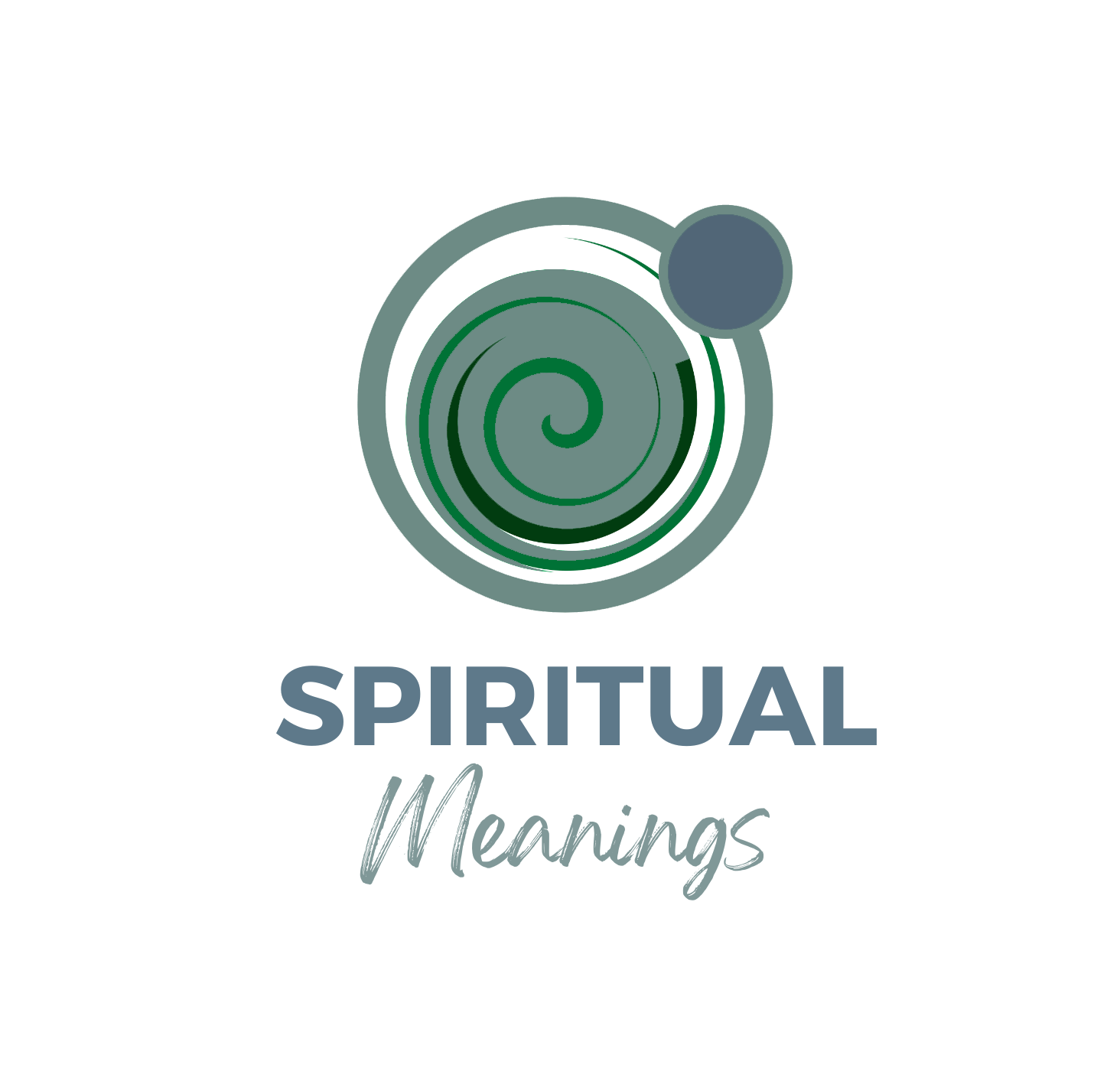Last Updated on April 2024
Have you ever in your life woken up from a nightmare about beating up or domestic violence, all in sweat with your heart beating really fast, and wondered what it might mean? I have! Dreams can sometimes send us secret messages from the unconscious part of our minds, making us want to figure out the puzzling meanings behind them.
According to psychologist Dr. Carl Jung, such dreams often symbolize repressed emotions, unresolved conflicts, or feelings of powerlessness within a relationship. They often serve as a subconscious reflection of the fear and trauma associated with domestic violence experiences. However, it is worth mentioning that understanding these dreams requires careful introspection and, if necessary, seeking guidance from a qualified psychologist.
In this article we will try to look at what dreams about domestic violence might symbolically mean and why we might have those kinds of dreams. SpiralSpiritual will also examine different scenarios involving domestic violence in dreams and try to explain the hidden meanings behind them. We’ll also discuss whether dreaming about domestic violence is always negative, or if there could potentially be some positive aspect to those dreams as well.
The Symbolic Meaning of Dreaming of Domestic Violence

In our life, dreams about domestic violence can have different spiritual meanings, offering insights into our subconscious and spiritual journey. Here are five most common symbolic meaning behind such dreams:
- Liberation from oppressive relationships: Dreaming about domestic violence can symbolize wanting freedom from toxic or oppressive relationships. It may mean your spirit is calling you to let go of negativity and find healthier, nurturing connections.
- Inner healing and transformation: These dreams can also represent an inner wounds needing healing. They may remind you on a spiritual level to work through unresolved traumas to enable emotional/spiritual growth, transformation and empowerment.
- Divine intervention and protection: Time to time those dreams about domestic violence could signal divine intervention and protection.
- Shadow work and self-reflection: Such dreams can also mean you need introspection about your darker inner self. For a moment they can beckon you to confront aggressive tendencies within yourself, and strive for personal growth and balance.
- Advocacy and social change: So, from a spiritual view, these dreams can spur you to take action for social change in your life. They may ignite passion to address societal issues like violence/oppression, raise awareness, and work towards creating a world free from such problems.
Dream Scenarios Featuring Domestic Violence And Their Interpretation
In the meantime, to understand the meaning behind dreams involving domestic violence, you need to look deeply in your past and reflect carefully on your actions and the dynamics in your relationships. Interpreting dream meanings is hard and it might be subjective sometimes, that is why it is recommended to get a guidance from a therapist that can provide more clarity based on your specific situation. To make this task easier, we collected the most common dream scenarios about domestic violence in the table below:
| Dream Scenario | Meaning | Interpretation Tips |
|---|---|---|
Being a victim of domestic violence | Symbolizes feelings of powerlessness, vulnerability, or being trapped in a situation that is causing emotional harm | Reflect on any areas of your life where you may feel powerless or controlled. Explore ways to regain a sense of personal empowerment and establish healthy boundaries in your relationships. |
Witnessing domestic violence | Indicates a deep awareness of conflict or discord in your surroundings, even if you are not directly involved. It may also suggest a desire to intervene or seek justice. | Reflect on your relationships and surroundings. Consider if there are any toxic or unhealthy dynamics that need addressing. Explore ways to promote harmony and create a safe environment for yourself and others. |
Becoming the abuser | Reflects internal struggles, repressed anger, or unresolved resentment. It may also signify a need for self-reflection and examination of behavioral patterns. | Take a close look at your own actions and attitudes towards others. Are there any harmful behaviors or negative emotions that need addressing? Seek healthy outlets for expressing anger or frustration to prevent it from manifesting negatively in your relationships. |
Escaping from domestic violence | Represents a desire for liberation and freedom from oppressive situations or relationships. It indicates a quest for a healthier and more fulfilling life. | Pay attention to areas in your life where you feel restricted or trapped. Start taking steps towards breaking free from toxic relationships or environments. Seek support and surround yourself with positive influences. |
Confronting the abuser | Signifies a need to assert oneself and confront difficult situations. It can also suggest a yearning for resolution or closure. | Consider the relationships or situations in your life that require confrontation or resolution. Prepare yourself mentally and emotionally to face them, seeking a constructive and assertive approach rather than aggression. |
Positive Meanings

After all, reaming about domestic violence usually does not have positive meanings. It may reflect unresolved trauma or fear from a past experience or an unhealthy situation you went through. This type of dream may be urging you to take action against abuse, spread awareness about it, or support those who are suffering from it.
If you have a dreams about beating up, it could mean your subconscious is aware of how serious of an issue domestic violence is, alternatively it could kinda show your compassion for victims and your advocacy for raising awareness and prevention of this problem.
Negative Meanings

Just as we mentioned in a previous paragraph, dreams about domestic violence usually have negative meanings. These types of dreams may represent unresolved anger, aggression or violence within yourself or a close relationship. They could also reflect feelings of powerlessness, fear or humiliation in your daily life.
In the meantime, these dreams could symbolize a toxic or abusive situation that needs attention, either in your personal life or close surroundings.
Why you Might Dream of Domestic Violence
There are a few main possible reasons why someone might dream about domestic violence, but the top three reasons are:
- It could be an expression of unresolved anger or aggression within themselves or in a close relationship they have.
- Dreams like this may reflect feelings of powerlessness, fear, or humiliation that the person is experiencing in their daily life.
- These dreams could symbolically represent a toxic or abusive situation happening that needs attention, either in the person’s personal life or surroundings.
Bringing it All Together
Dreams about domestic violence can have deep symbolic meanings on a spiritual level. These can act as powerful metaphors, reflecting hidden emotions and unresolved inner conflicts within ourselves. They can also serve as warnings, urging us to address issues in our relationships or personal lives.
What I would say is, it’s important to keep in mind that the symbolic meaning behind these dreams can vary, and while some interpretations suggest negative implications, others may encourage positive personal growth and transformation.
References
Here is the literature that I was using for writing this article:
- “Dream Dictionary: An A to Z Guide to Understanding Your Unconscious Mind” by Tony Crisp, published by William Morrow Paperbacks.
- “The Oxford Handbook of Religion and Violence” edited by Mark Juergensmeyer, Margo Kitts, and Michael Jerryson, published by Oxford University Press.
- “Dreams: A Reader on the Religious, Cultural, and Psychological Dimensions of Dreaming” edited by Kelly Bulkeley and Kate Adams, published by Palgrave Macmillan.








